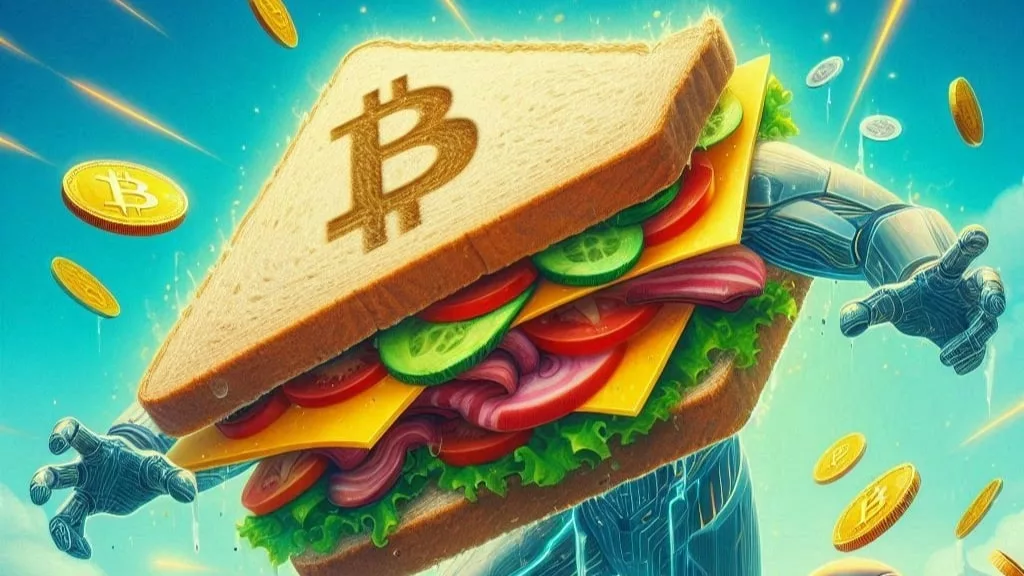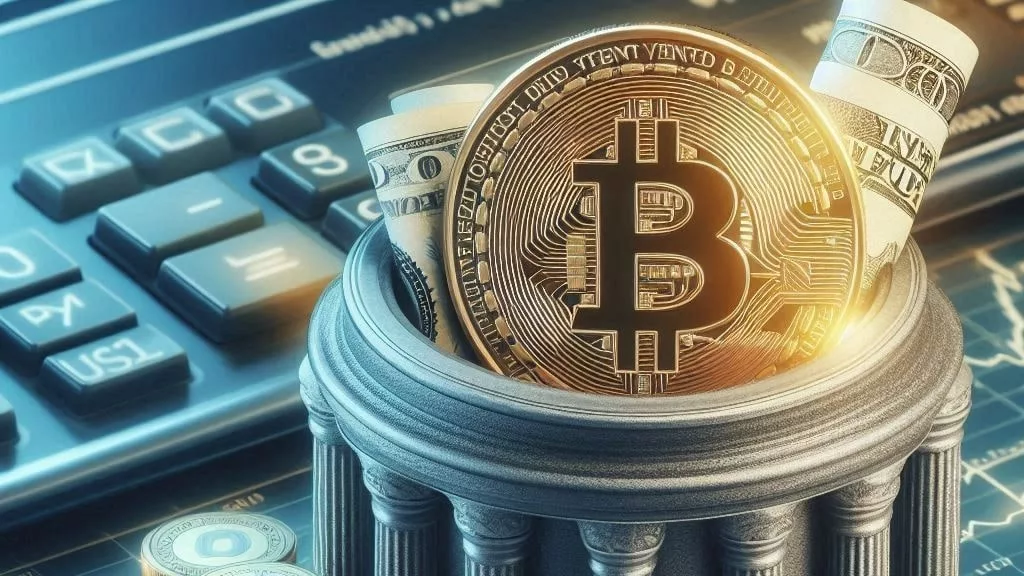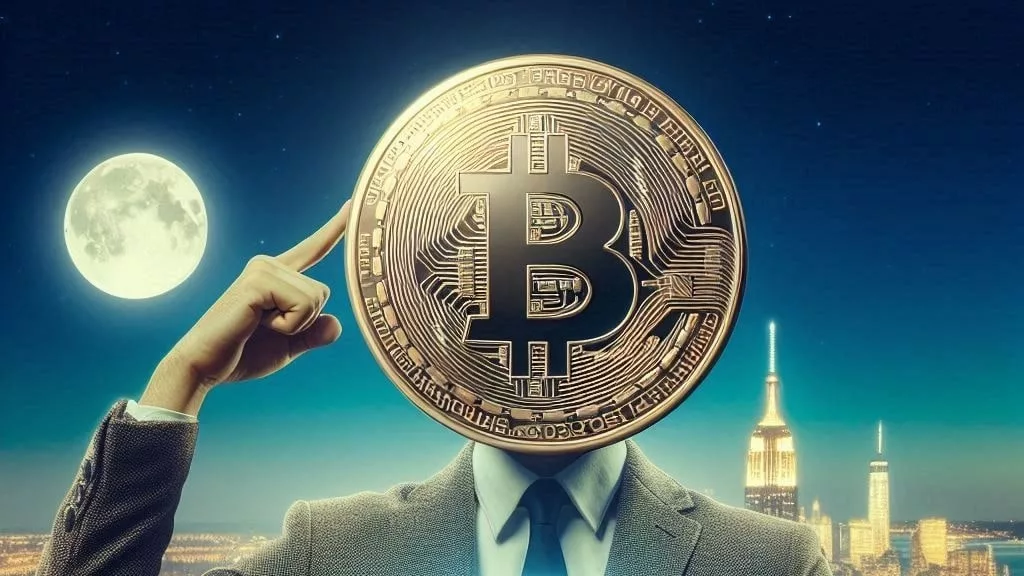
Validators are the backbone of blockchain networks, ensuring transactions are processed accurately and securely. However, when validators abuse their power, it can undermine the trust and integrity of the entire network. In a recent development, the Solana Foundation took decisive action against validators involved in “sandwich attacks,” aiming to uphold the fairness and reliability of the Solana network.
The Solana Foundation’s move to remove several validators from its delegation program came in response to community concerns and backlash regarding their involvement in sandwich attacks. These attacks, where validators exploit their position to front-run transactions and profit from price discrepancies, not only harm users but also tarnish the reputation of the network. Tim Garcia, Solana Validator Relations Lead, emphasized the Foundation’s commitment to combating such malicious activities and maintaining a level playing field for all participants.
By revoking these validators’ access to SOL token delegations and subsidies, the Solana Foundation sent a strong message that unethical behavior will not be tolerated. This action underscores the Foundation’s dedication to preserving the integrity of the network and protecting the interests of its users. However, it also raises important questions about governance and decentralization within the Solana ecosystem.
The crackdown on validators for sandwich attacks highlights broader issues surrounding governance and protocol enhancements within the Solana network. A recent governance vote on Solana’s fee structure, SIMD-0096, sought to allocate 100% of transaction priority fees to validators to address concerns about income-seeking behavior. While the proposal received majority approval, it sparked debate among smaller stakeholders who felt it did not adequately address underlying issues of validator misconduct.
The Solana community now faces a critical juncture, grappling with questions about the network’s governance structure and decentralization. While there is a growing recognition of the need for greater accountability and transparency among validators, concerns persist about the concentration of power among large stakeholders and the potential for abuse.
Despite these challenges, there is optimism within the Solana community. The recent crackdown on validators demonstrates the Foundation’s commitment to maintaining the network’s integrity and protecting user interests. Moreover, it has sparked important conversations about governance and decentralization, paving the way for future improvements.
Moving forward, the Solana community must continue to collaborate and address these challenges to build a more resilient and transparent network. By fostering a culture of accountability and cooperation, Solana can overcome obstacles and emerge stronger. As the blockchain landscape evolves, proactive measures to combat misconduct and promote decentralization will be crucial for Solana’s long-term success.
In addition to addressing concerns surrounding validator misconduct, the Solana community is actively exploring ways to enhance network governance and decentralization. Initiatives such as community-led governance proposals and increased transparency in decision-making processes are gaining traction. By empowering stakeholders to participate in key decisions and fostering open dialogue, Solana aims to create a more inclusive and resilient ecosystem. Furthermore, ongoing efforts to strengthen network security and mitigate potential vulnerabilities will bolster user confidence and ensure the long-term sustainability of the Solana network. As the community continues to evolve, collaboration and innovation will be essential in shaping Solana’s future as a leading blockchain platform.



Get the latest Crypto & Blockchain News in your inbox.